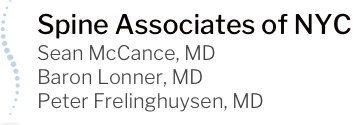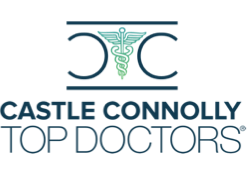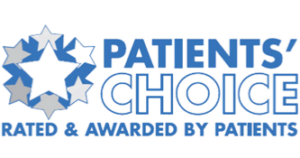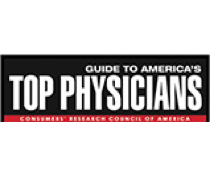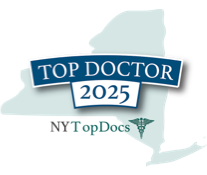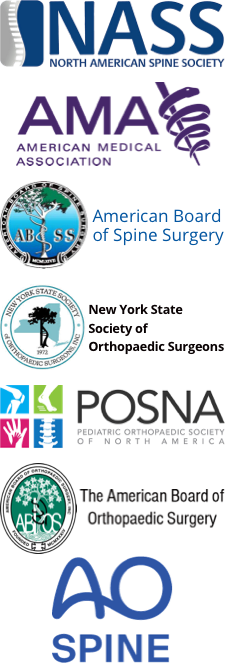In a recent study published by The New England Journal of Medicine, researchers found that despite some controversy, bracing adolescents with scoliosis can work to prevent the need for surgery. This study is especially noteworthy since physicians, including myself, have recommended bracing for decades – but to date, there has been controversy about effectiveness.
Scoliosis is defined as a curvature in the normally straight spine. This condition occurs primarily in adolescents; approximately three percent of Americans at age 16 have scoliosis, usually girls. Scoliosis is diagnosed by physical exam and x-ray to measure the degree of the curve. For curves between 25-40 degrees, doctors typically recommend braces. For more severe curves, spinal fusion surgery is recommended to prevent larger problems down the road.
In the NEJM study, researchers studied data of 242 patients at 25 locations in the US and Canada aged 10 to 15 with a spinal curvature of 20 to 40 degrees. The trial was stopped early due to the clear benefit of bracing: the rate of treatment success was 72 percent versus 48 percent in the control group of children who simply remained under observation.
The study scientifically affirms that brace treatment works for adolescents with scoliosis who are at risk for curve worsening. Kids at that age can be resistant to wearing a brace due to insecurity and fears of being ostracized, but doctors can now use this study as a point of certainty that this absolutely can help correct their condition.
However, as noted above, about half the children who received no treatment also turned out fine – as did 41 percent of patients who didn’t wear a brace 13 or more hours a day. Discovering that so many children with scoliosis did well without bracing is important. It’s possible that the criteria for bracing may be too broad, so this study may lead to future studies that attempt to find the most beneficial targets for bracing.
Either way, the study is likely to help improve the efficacy of treatment of scoliosis in adolescents suffering from this condition. If you have a child who you believe has scoliosis, please consult a trusted spine specialist.
Are back braces effective?
